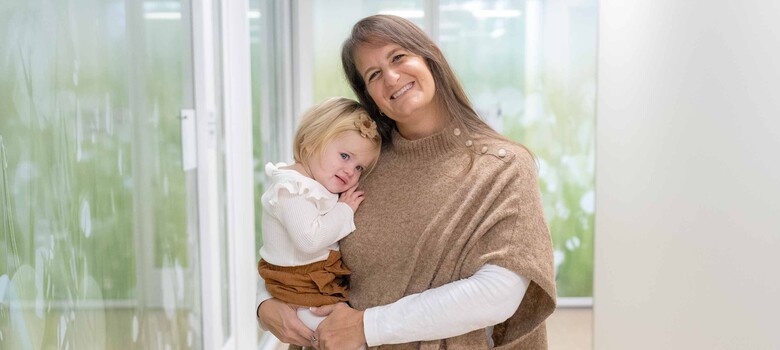Lung Cancer in Young and Middle-Aged Women Is On the Rise
Here's What You Need to Know

Lately, researchers have seen an alarming increase in the number of women aged 55 and younger being diagnosed with lung cancer. According to Duke medical oncologist Laura Alder, MD, no one knows why. Yet, there are things you can do to reduce your risk. Here, Dr. Alder explains what young and middle-aged women need to know.
What can young and middle-aged women do to reduce their risk of lung cancer?
It’s important to know that anyone with lungs can get lung cancer. It really doesn't discriminate between age or gender or even smoking status. Historically there's been a stigma that the only people who can get lung cancer are people who've smoked, and that’s just not true.
That said, if you smoke, it’s important that you quit. Duke offers smoking cessation programs that can help. There are also lifestyle factors that can decrease the likeliness of cancer in general, such as maintaining a healthy weight, eating a balanced diet, exercising regularly, and limiting alcohol.
Hear from Dr. Alder and learn about the rising rates of lung cancer in young women.
Should I get screened for lung cancer?
If you begin to notice a worsening cough, worsening breathing, coughing up blood, weight loss, or a change in how you’re feeling, then it's really important to let your doctor know. If things aren't getting better after one course of antibiotics, or if you feel that something is just wrong, advocate for further workup, including a CT scan of the chest.
With lung cancer, you often don't have symptoms until it's more advanced. That's why the majority of the patients we see are usually at a higher stage, with the cancer already spread outside the lung. It's important that if you meet the criteria for screening -- if there’s any history of smoking, or radiation to the chest because of breast cancer or any type of lymphoma -- that you talk to your primary care doctor about whether screening could be right for you. Our goal is to find more cancers earlier because then we have a much higher chance at curing them.
Is lung cancer hereditary?
That’s something that we're learning more about right now. At this time, we don't have any guidelines for specific genetic causes, so there is no genetic testing for lung cancer.




